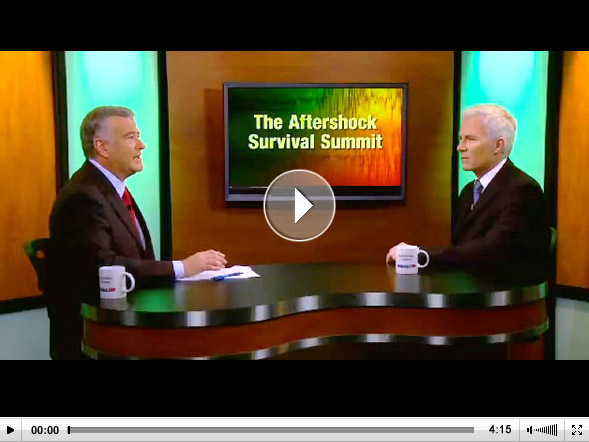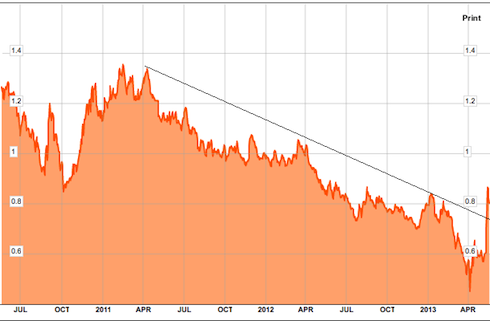BY CLARA CHOOI
ASSISTANT NEWS EDITOR
KUALA LUMPUR, May 21 – The MACC’s
Consultation and Corruption Prevention Panel (CCPP) proposed today that
all government administrators and their family members at both federal
and state levels be barred from bidding for government projects.ASSISTANT NEWS EDITOR
The panel also suggested a mandatory declaration of assets by all MPs and state assemblymen at least once in every three years to the Malaysian Anti-Corruption Commission (MACC) and a one-year “cooling-off” period before retired civil servants are allowed to hold posts in professional practices or the corporate sector.
“At present, there is no specific cooling off period in allowing civil servants who have retired from holding appointments in the corporate sector or professional practice,” CCPP chairman Datuk Johan Jaaffar said in a statement here.
“The risks of corruption could arise when retiring officers could make use of their public positions to lobby for posts and certain personal benefits when they retire,” he added.
CCPP, which is one of the MACC’s five oversight advisory bodies, made the suggestions today after noting that the call to combat corruption had been among the key issues raised during the just-concluded 13th general election.
Johan said it was “imperative” for the government to take into account all views, criticisms and allegations on the issue from the public, regardless the authenticity of the claims.
“Although a section of these views, criticisms and allegations did not have a strong basis or were merely perceptions, these were used as grounds to allege that the government is not transparent, clean and does not have integrity,” he said in the statement on behalf of the nine-member panel.
He added the panel was of the view that to allay public perception on cronyism in the government, all Cabinet ministers, deputy ministers, mentris besar, chief ministers, state executive councillors and their immediate family members should be barred from bidding for government projects.
“This proposal is aimed at preventing acts of conflict of interest and to plug loopholes and opportunities that could lead to corruption,” Johan said.
He added that the previous practice whereby any minister, mentri besar or chief minister is absolved from liability by merely leaving a meeting related to an application by a company where his or her family members have an interest in, should not longer be made applicable.
“The panel proposes that this be implemented with immediate effect at the federal, state, local government levels and government agencies,” he suggested.
On the proposal to declare assets to the MACC, Johan said this would help boost the commitment of elected representatives to fight corruption.
“By the same token, the panel fully supports the declaration of assets by members of the Cabinet and Administration only to MACC.
“Such a move shows transparency on the part of the government over assets of ministers and their immediate family members.
“It would also protect the interest of other parties in the event of allegations related to their respective positions and ‘wealth’ during their tenure with the government,” he said.
Prior to Election 2013, all BN candidates were made to undergo a strict vetting process, which included checks on their background by the MACC.
Johan had at the time suggested that the anti-graft body makes it compulsory for all political parties to submit their list of candidates for vetting but this was criticised by the Election Commission (EC) as inappropriate as it would purportedly restrict an individual’s right to contest in the polls.
The ruling Barisan Nasional (BN) emerged triumphant for the 13th time running in the just-concluded May 5 polls but bled a significant amount of support from an electorate that voted against what they believed was an over 50-year-old political system entrenched in excesses, cronyism and corruption.
With all the results in, BN polled just under 48 per cent of the popular votes cast and was beaten by Pakatan Rakyat (PR) parties of PKR, DAP and PAS, who collectively snapped up 51 per cent of votes.
But thanks to what the opposition has labelled unfair gerrymandering and a disproportionate distribution of voters across the country’s 222 federal constituencies, BN still emerged the victor of the day with 133 seats to PR’s 89 seats.
The last time an Umno-led coalition lost the popular vote was in 1969, then contested by BN’s predecessor, the Alliance Party.
Disorientated from the results, the Najib government has been scrambling to keep its house in order to face the next five years with smaller representation in the august House, and a loud and robust opposition bloc.
Now in his second term as prime minister, Datuk Seri Najib Razak will roll out a 100-day programme designed to win over doubters and persuade Umno that he is the best to lead the party and the country, according to sources.
The Malaysian Insider understands that borrowing some ideas from the Abdullah administration, the Najib government will also work to improve the public delivery system, cut crime and corruption, enhance transparency and strengthen inter-ethnic harmony.












